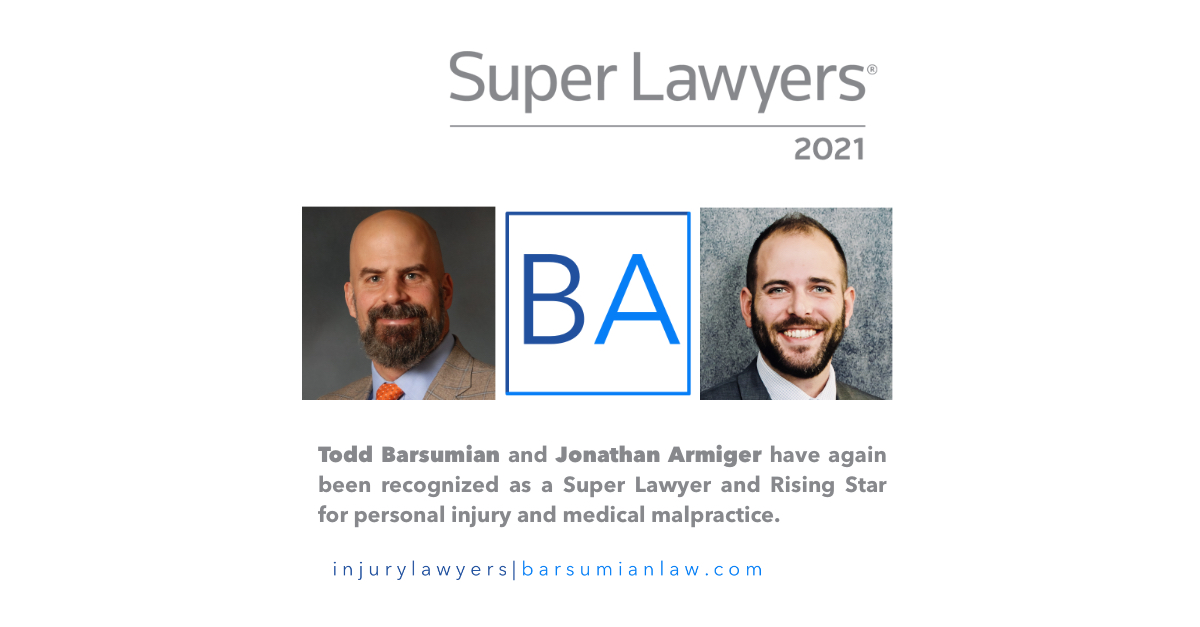Super Lawyers rates Indiana attorneys on a yearly basis in more than 70 different practice areas, including personal injury and medical malpractice. Following its completion of a peer review process, together with a patented evaluation process, the organization determines the lawyers in Indiana it will include on its Super Lawyers and Rising Stars list and…
Continue reading ›Your Future
Your Firm
















